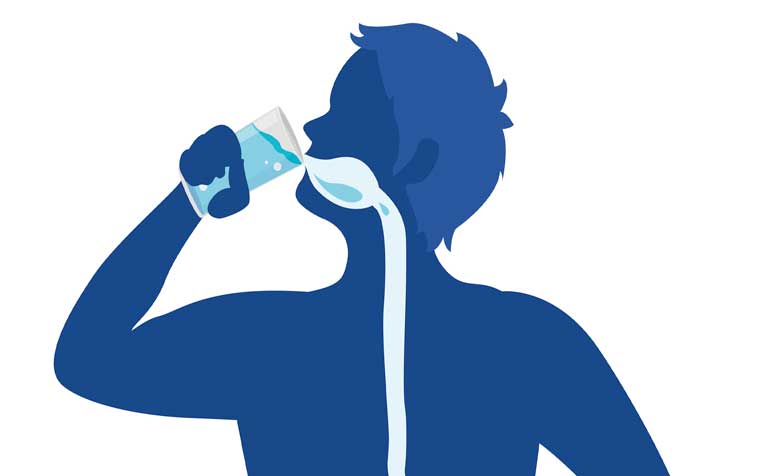Top 8 Tips to Beat the Heat
Get 8 tips on how to beat the heat from Dr Phua Ghee Chee, Head and Senior Consultant from the Department of Respiratory and Critical Care Medicine at Singapore General Hospital (SGH).

Isotonic drinks
are ideal to cope with heat stroke as it replenishes the electrolytes lost through sweating.
How do you beat the heat or stay cool when the weather gets hot?
A/Prof Phua Ghee Chee, Head and Senior Consultant at the
Department of Respiratory and Critical Care Medicine,
Singapore General Hospital (SGH), a member of the
SingHealth group, shares eight tips.
Beat the heat with these 8 tips
-
Diuretic and some psychiatric drugs can prevent the body from losing heat quickly.
-
People who are obese or old have to be particularly careful not to dehydrate or overheat. Old people may not be able to move about easily, turn on the fan or air conditioner when the weather gets too hot, or drink as frequently as they should. But drinking enough water and sitting in a cool environment are important in hot weather.
-
When training for a marathon, be sure to practise outside to get used to weather conditions. Running in the gym is vastly different from running in hot, humid weather.
-
While proper hydration is crucial before marathons, or before any exercise, water may not be best as it doesn’t help replace the salts lost through sweating. An imbalance of salts leads to cramps or weakness of the arms. Isotonic drinks may be better.
-
Avoid exercise when feeling unwell, as it can make you more likely to suffer from heat exhaustion.
-
A quick way of cooling the body is to dip a sponge or towel in cold water and press it on the neck, armpits and groin area. If heat symptoms persist, seek medical attention immediately.
-
Thirst is not as good an indicator of dehydration as the colour of the urine. A clear colour means the body is well hydrated.
-
People suffering from multiple long-term medical conditions such as hypertension and diabetes should get out of saunas, hot tubs or steam rooms when they feel giddy or faint, have a headache, nausea or cramps. It’s best to go with someone who is able to help you if you suddenly feel sick.
See previous page on
how doctors treat heat stroke.
Ref: N18
Contributor(s):
A/Prof Phua Ghee Chee
For Singapore Health
Terms of Use / Disclaimer
All information provided within this web and mobile application is intended for general information and is provided on the understanding that no surgical and medical advice or recommendation is being rendered. Please do not disregard the professional advice of your physician.
